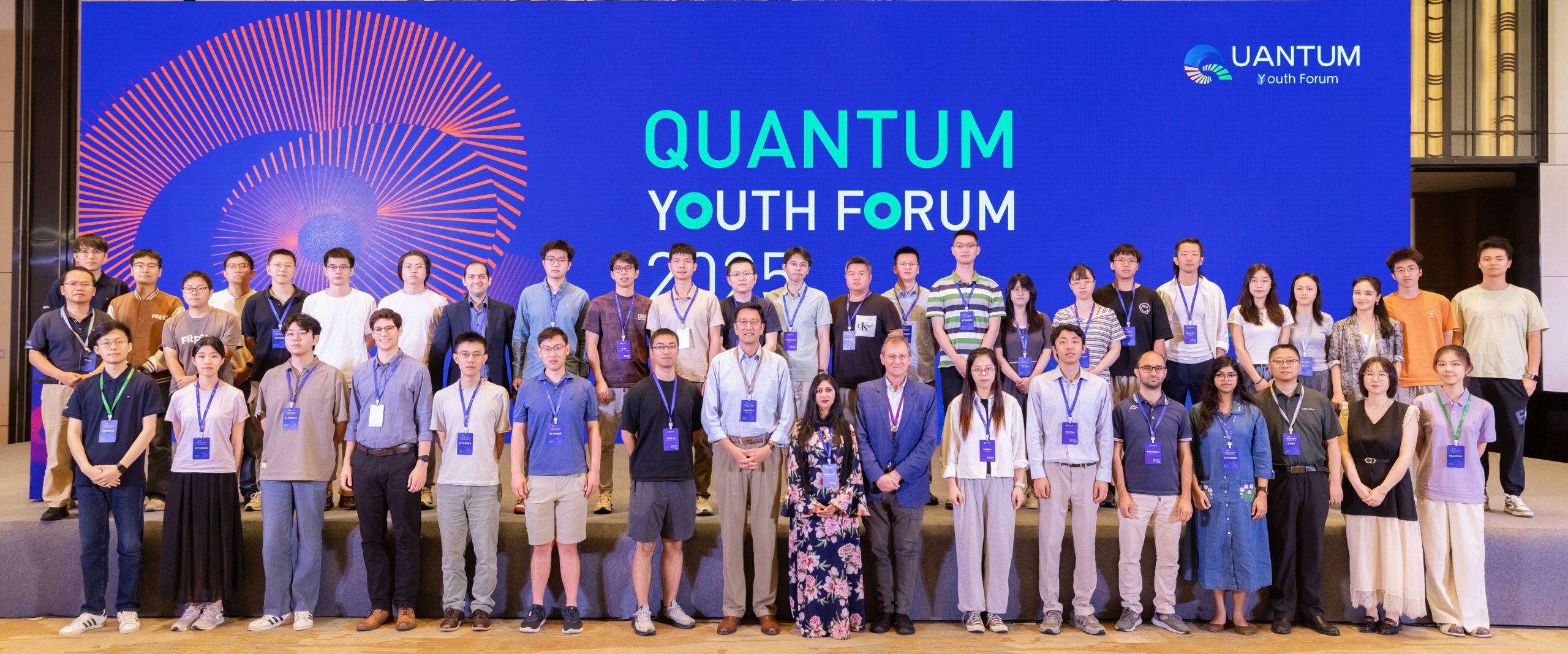


Professor Chen Ning Yang is a world-renowned theoretical physicist and Nobel laureate, best known for his groundbreaking contributions to particle physics and statistical mechanics. Born in Hefei, China, Yang conducted undergraduate study at the National Southwestern Associated University in China, and graduate study at the University of Chicago, receiving a Ph.D. in 1948 under Enrico Fermi. In 1957, he and Tsung-Dao Lee became the first scientists of Chinese heritage to win the Nobel Prize for their revolutionary work disproving the long-held parity conservation law in weak nuclear interactions — a discovery that reshaped modern physics.
Yang’s profound influence extends beyond parity violation. His collaborations with Robert L. Mills produced the Yang-Mills theory, a cornerstone of the Standard Model of particle physics and the foundation for gauge theory. His work in statistical mechanics, quantum field theory, and condensed matter physics has left an indelible mark on multiple disciplines.
A dedicated educator and advocate for scientific progress, Yang has held professorships at leading institutions in both the U.S. and China, mentoring generations of physicists, and has actively promoted scientific exchange between China and the West. Regarded as one of the greatest physicists of the 20th century, Yang’s legacy continues to inspire researchers worldwide.







